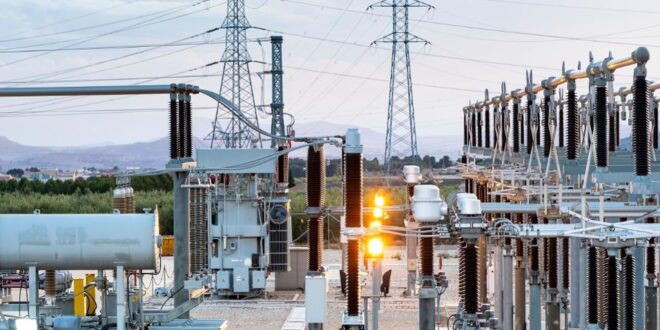Peter Uzoho, a renowned oil and gas investor and Executive Chairman of AA Holdings Limited, has identified a $16 billion investment opportunity in Nigeria’s electricity sector. With approximately 82 million Nigerians living without access to electricity, this presents a significant opportunity for service providers and entrepreneurs to reverse the trend.
The lack of access to clean cooking represents an additional $2 billion to $3 billion investment opportunity, as the country needs to entrench clean cooking to Liquefied Petroleum Gas (LPG) and Compressed Natural Gas (CNG) among other alternatives. This shift would not only improve the quality of life for millions of Nigerians but also create new business opportunities in the energy sector.
Nigeria’s electricity sector requires an estimated investment of $3.5 billion yearly over the next 20 years to achieve its desired power generation capacity. This investment is crucial to meet the growing demand for modernization and digitalization in the sector.
The Nigerian government has embarked on a comprehensive privatization program to address the challenges in the electricity sector. Key attention must be paid to the opportunities and challenges in the sector, such as retooling power generating and delivery vehicles with 21st-century technology and management practices.
The World Bank has approved a $500 million loan to support the government of Nigeria in improving its electricity distribution sector. The project aims to boost electricity access by improving the performance of the Electricity Distribution Companies (DISCOs) through a large-scale metering program.
The Electricity Act, 2023, brings transformative developments in the Nigerian power sector, such as decentralization and the creation of state electricity markets. This will improve energy access, delivery, and supply of electricity to citizens within a state, reduce reliance on the national grid, and effectively capture unserved and underserved areas.
The unbundling of the Transmission Company of Nigeria (TCN) will attract private participation and investment in the transmission sub-sector of the Nigerian Electricity Supply Industry (NESI) and enhance the overall performance of the sector.
Unlocking investment opportunities in metering services through the creation of a meter asset class will allow for the development of financial instruments such as leasing and securitization (ABS) products. This will fund the rollout of electricity meters in a sustainable, long-term, and profitable manner.
In conclusion, the $16 billion investment opportunity to reverse Nigeria’s electricity deficit presents a significant chance for service providers and entrepreneurs to make a meaningful impact in the country’s energy sector. By addressing the challenges and embracing the opportunities in the sector, Nigeria can improve its electricity access and pave the way for a more prosperous future.
Subscribe to the Advocate News letter and receive news updates daily in your inbox.
 Advocate.ng Latest news update on politics, entertainment, sport and more
Advocate.ng Latest news update on politics, entertainment, sport and more




